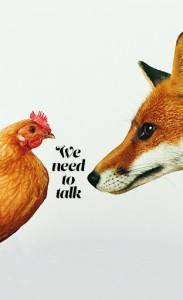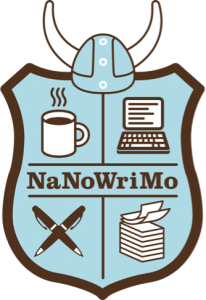
If you’re a freelance journalist the timing of National Novel Writing Month sucks. The ideas of putting aside all paid work THE MONTH BEFORE CHRISTMAS to work on a novel which may or may not get published is something I’ve struggled to get over year after year.
In fact, when I logged on and looked at my profile at the end of October, I found three versions of the same novel with three different now-discarded titles and dismal word counts for each. It was a fascinating glimpse back in time but also kind of depressing.
This year, though, was going to be different. Previous novel is finished, edited and re-titled, and I now had a fresh new idea I was itching to try out. Plus a small posse of online buddies who were doing it with me. Bring it on.
I’m half-way through it now, and here’s what I’ve learned so far:
1: It doesn’t matter if you write a pile of crap.
The sanctimonious little chart on my profile tells me that I should have written 25,000 words by now. It also says that to make the classic NaNoWriMo target of 50,000 words I need to write 2,250 words today. Well, that ain’t happening.
I have all my best ideas while writing crap
I’ve often thought the emphasis on words can be a unhealthy – you write a load of old rubbish just to bump your word count and end up having to go back and unstitch it later. But now I’ve got the first novel under my belt I realise I have my best ideas while writing crap (and also while in the shower for some reason.) Also, the unstitching is actually an unavoidable part of writing a novel. I have a trifling 13,993 words under my belt so far and half of those are utter crap but, like the weirdo I am, I’m actually looking forward to going back and changing it. I like seeding in all the good ideas I had while I was writing terrible stuff.
2: Buddies really do help
I’m lucky enough to be friends with a few unpublished writers online, and we’ve been bolstering each other up with word counts and pep talks. This wasn’t the case for the first few years and it’s made such a difference knowing I’m going to report back to people about it rather than just sitting here writing into the abyss. I spent my whole journalistic career with editors breathing down my neck, and I now can’t work without deadlines and pressure – or with the mutual support of colleagues.
3: Once a Brownie, always a Brownie
Back when I was in the Brownies, I loved getting a badge and being part of a tribe but I have to admit I find the whole tribal thing a bit cringy these days. And I’ve always thought the badges on the NaNoWriMo site were a bit patronising. You get a badge on your profile for writing two days straight, one for a week… etc. Pathetic, right? So why was it that last Saturday I wrote for 15 minutes between 11.40 and 11.55 so I could log a word count on the site and get my “Updated My Word Count Seven Days In A Row” badge? God I’m sad. But if it works, it works.
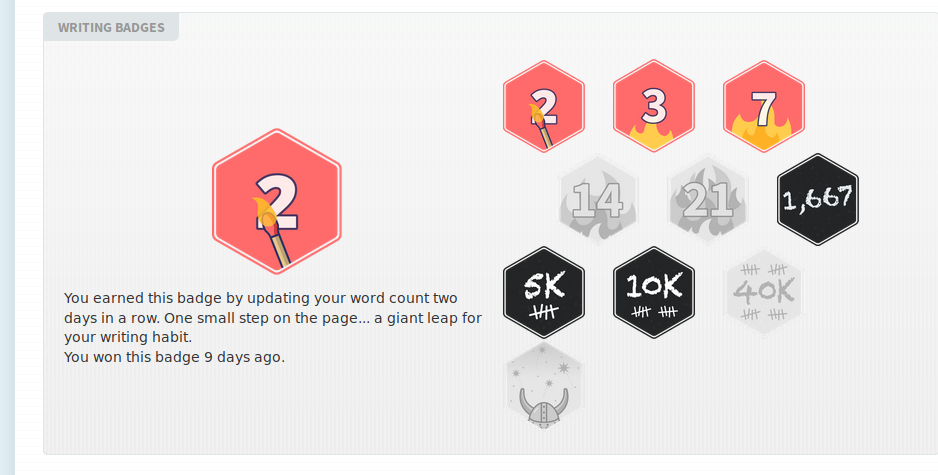
Some of my friends also prepped beforehand – putting together a day-to-day (or even a scene-by-scene) plan of what they were going to write, reading the pep talks on the NaNo website, going to write-ins. I’m not that way inclined, being more of a “splurge the words onto the page” kind of a writer, but it’s nice to know those resources are there if I should ever have a personality transplant.
All I know is that at the beginning of November I had the stub-end of a novel and, if I continue writing on the same track, by the end of November I’ll be well into the second half – even if a large part of it is drivel. So, cautiously and with a due sense of trepdiation, I’m calling NaNo 2019 a win.
Read more about my first attempt here
And more about how crazy deadlines can be motivating here
Fancy reading a book review of Unfollow by Megan Phelps-Roper instead?
Tweet me to chat about NaNo…

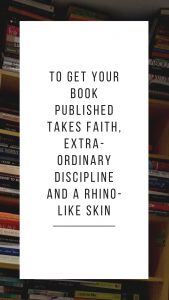 1: They had a Very Good Idea. You know, just like the one that’s floating round your head at the moment that would be an absolute best seller if only you could find the time to write it all down.
1: They had a Very Good Idea. You know, just like the one that’s floating round your head at the moment that would be an absolute best seller if only you could find the time to write it all down.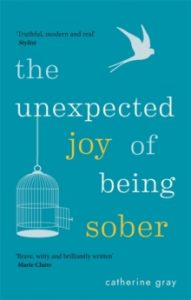 rolling in late and taking Mondays off sick. It explained all the mysterious bumps and bruises and injuries. It explained why the features team used the words “totally Cathed” as a euphemism for steaming drunk. And now I understood why, on our way out of a work Christmas party, I’d had to stop Cath jumping into a limo full of men on a stag.
rolling in late and taking Mondays off sick. It explained all the mysterious bumps and bruises and injuries. It explained why the features team used the words “totally Cathed” as a euphemism for steaming drunk. And now I understood why, on our way out of a work Christmas party, I’d had to stop Cath jumping into a limo full of men on a stag.